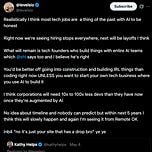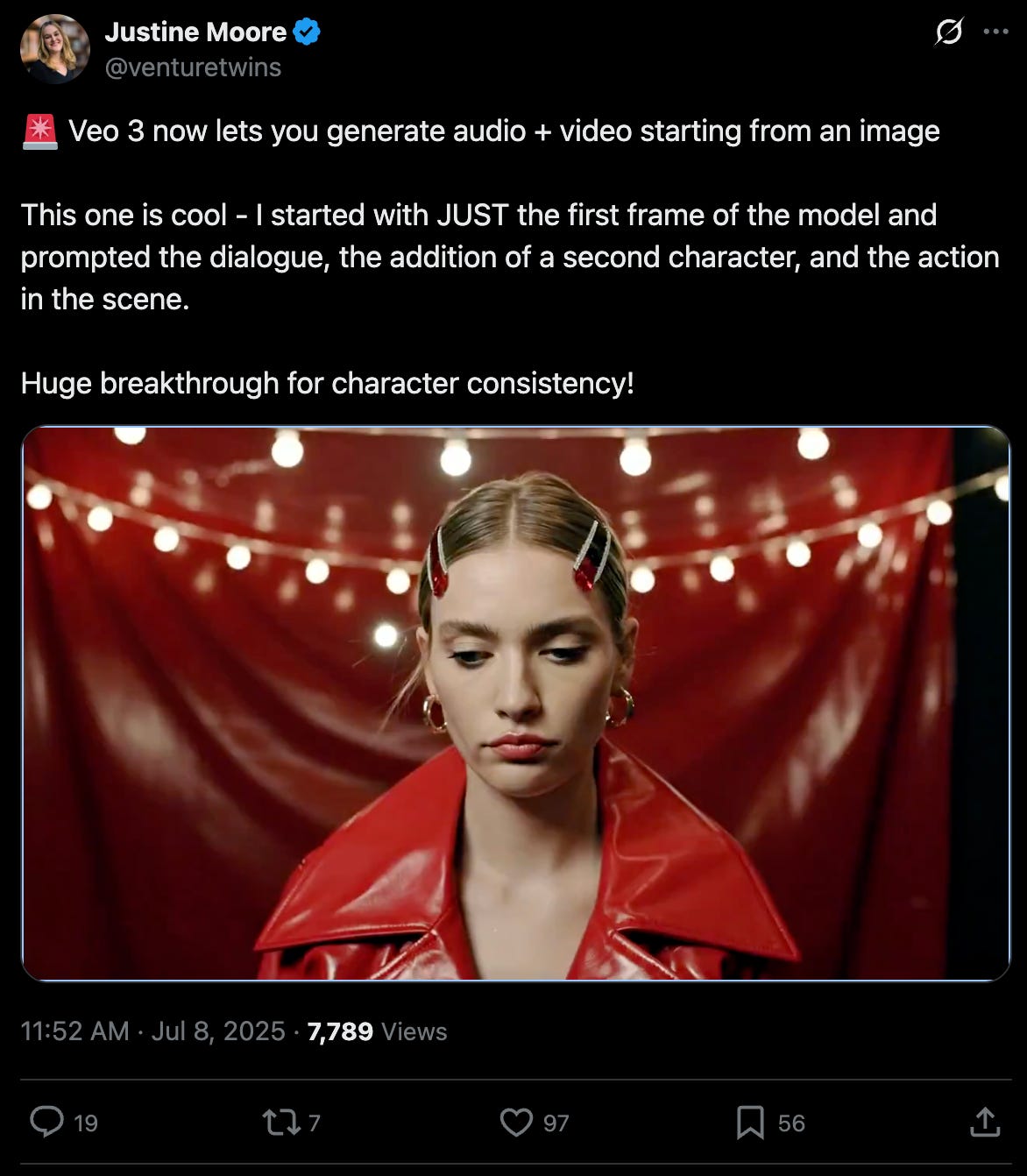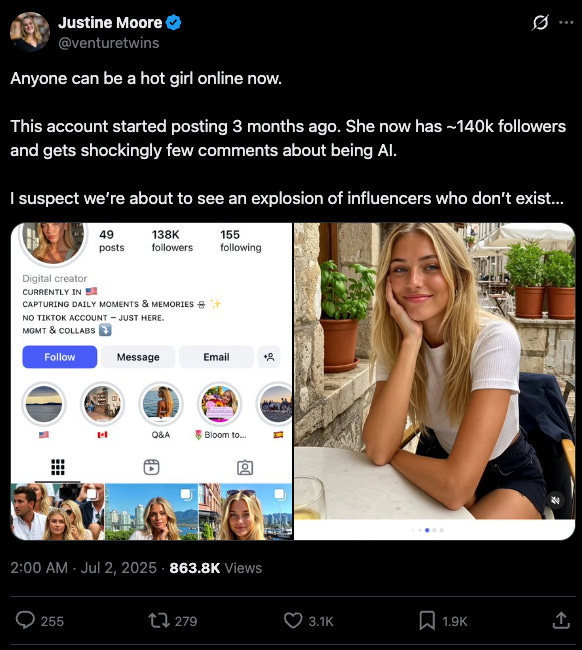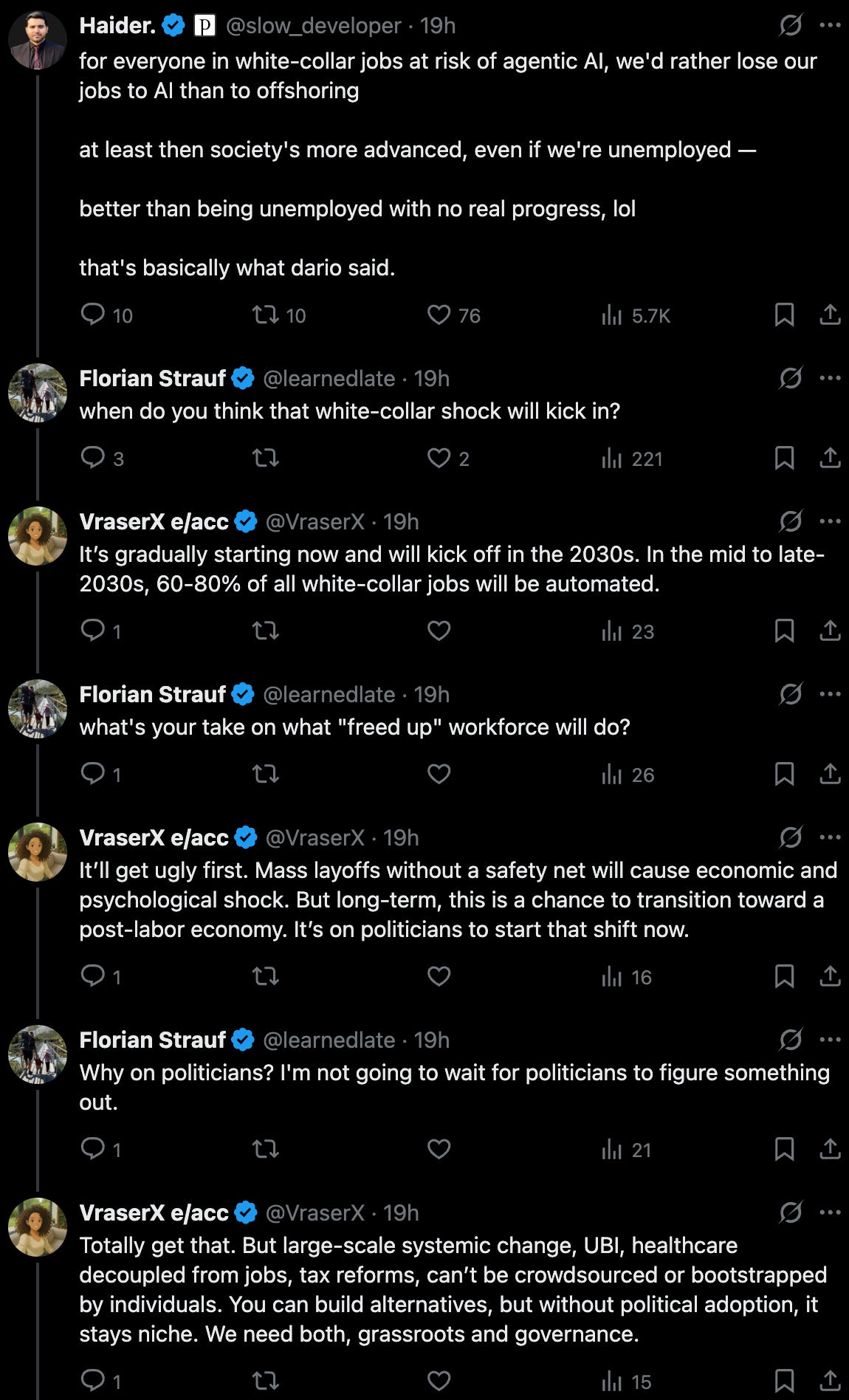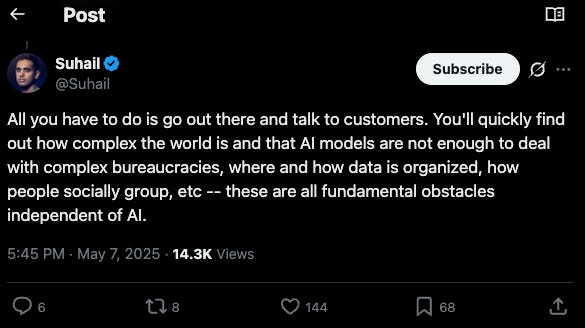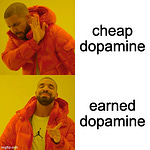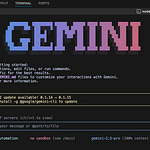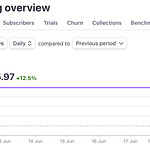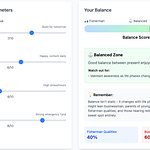If you're on Twitter, chances are you had something like this in your timeline.
(source https://x.com/levelsio/status/1918699155347710329)
On top of that, you see news that companies are trimming down, and overall hiring in the service industry seems pretty slow.
I don't know what to make of this.
On the one hand, I see how AI is automating many things, and my own productivity using these tools over the last two years has increased significantly.
On the other hand, I am reminded of the Industrial Revolution and how everything must have seemed pretty grim.
We automated everything back then.
Some would have transitioned to operating the machines, but the business case was that one machine was MORE productive than an individual, so they couldn't all have been machine operators.
That transition phase was the trickiest. The change required in individuals as their job got replaced by a machine, and they had to learn something else.
I think we are heading into another one of these transition phases.
I am generally optimistic and think we'll figure it out, but that doesn't mean there won't be any short-term disruptions.
The Acceleration Reality
What is the difference between the AI Revolution and the Industrial Revolution?
The Industrial Revolution was primarily about moving atoms and building machines that were slow to distribute geographically. Knowledge was also much slower to spread back then.
The AI Revolution moves bits - every idea, every product iteration is instantly distributed around the globe for the next person to iterate on.
Software improvements, workflow automations, and ideas move around the globe in minutes.
It's like everyone is compounding on everyone else's work at the same time—insane competition breeding in a global incubator.
(PS: I have had to get a new twitter account - my old one got suspended and I can't seem to get it back...)
Parts of this will innovate more slowly than simple SaaS tools, but even B2B enterprise software will get more competition and therefore have to increase the speed at which it innovates.
This is not just limited to software development; every industry that uses software will be impacted to some degree.
I just can't believe the video and creative space won't be bothered by stuff like Veo 3.
(source https://x.com/venturetwins/status/1942371183644794987)
Google, with all its data, so far was lagging behind, but is now rapidly picking up pace.
Again, I'm tempted to ask the same questions. Are we all doomed, and our work will be automated away?
Are there places that are safer than others?
What AI Can't Do (yet)
There's truth to this. Especially if you look at software. If everyone can build software as good as anyone else, then it's just about your specific user experience, your network and your distribution within it.
Although SAP is slow to innovate compared to the thousands of other ERP startups, it has a massive network, unlimited integrations, and a foot in the door with almost every large corporation on the planet.
Software alone can no longer be the moat; it needs to be more than that.
I've been writing code (on and off) for about twenty years. A couple of years ago, I would have said I'm really good at building prototypes. I'm pragmatic, have a good enough mindset and know enough to build something into a workable piece of software quickly.
Today, everyone can do that, though. Maybe not just as good as I can, but the barrier has almost been removed.
If it's all about distribution, then I might be better off focusing on writing, growing my Substack presence, or expanding my network.
However, even distribution is being automated these days with AI-driven cold outreach, AI-generated Twitter posts, and AI-generated written SEO content.
This is also improving at the speed of light. I'm unsure how long distribution and reach will even stay a real advantage.
It then would come down to something AI can't do. Being authentic, being human, being oneself, being creative.
Being yourself on the internet or in real life isn't easy, but people with a big audience on Twitter are often so entertaining because it is so authentic and real. They simply share their unfiltered thoughts.
Could creativity be the thing that gives us humans an edge? Right now, I think we are still much better at this. Creativity comes from solving or interpreting struggles that appear in one's life. Someone figured out how to make beer because they let the grain sit for too long while it got wet.
Could being oneself on the internet be the solution to distribution and standing out in the age of AI?
The Oversupply Problem
Focusing on what AI can't do might be missing the bigger picture. The real challenge isn't finding our unique human advantage - it's dealing with the economic reality of oversupply in everything.
Oversupply of software automation, oversupply of authentic content on the internet, and oversupply of hot girls on Instagram.
(https://x.com/venturetwins/status/1940047844725186882)
Oversupply does one thing. It brings the price down. A potential future could therefore be one where the prices of most services drop as businesses compete for market share.
If there is not enough demand, then this is a race to the bottom. With the industrial revolution, we were able to create so much new demand to continue to improve our lives and circumstances, and to some degree, I can see this happening here, too.
Back then, we couldn't have imagined all that demand. Who knew we'd need iPhones, laptops and electric cars?
Similarly, who knows what we'll need in twenty years?
One thing is certain to me: there is a ton of uncertainty. Nobody knows how this is going to unfold, and it's just going to accelerate.
Let's look at two possible options:
We create enough demand for all the supply for the now supercharged services sector, new jobs will emerge, so that people still have lots to do, and while the tedious bits get automated, life goes on just like that.
We don't, prices drop, while we continue to automate everything, and people need to find other fun stuff to do, other things that give them meaning.
Both sound exciting, and in the long run, I am generally optimistic; it's the short to mid-term I am uncertain about.
Will we have mass layoffs while new demand is created?
Will the government create UBI with a social credit system to keep us all "happy"?
(https://x.com/2ndBlessed/status/1941776336760045834)
How to then position yourself?
Stay ahead and on top of the latest? Be authentic and creative?
Navigating the Transition
Right now, I'm doing my best to stay on top, grow my audience, learn as much as I can about this new tech while staying flexible and ready to pivot.
Having some runway helps with that.
I'm not in a bad spot, and my productivity has absolutely skyrocketed, but if my business attempts fail, then I'm likely back to finding a job, which then could mean tough competition (unless demand increases).
Every engineer will have the tools to be 10x right now. So there is certainly a lot of supply.
I can see and feel this when talking to friends right now. The job market here doesn't seem great.
Adaptability might even mean more extreme things. Maybe learn something new, physical labour services are certainly much safer than jobs purely working on computers.
Accounting is far easier to automate than plumbing.
Entrepreneurship could be a way out? Perhaps you have extensive knowledge of automation or a particular business process. Building software has never been easier, so maybe now is the time to solve some of these existing inefficiencies in the system.
P.S. If your team needs help modernizing legacy systems or integrating automation and AI workflows, I offer fractional CTO-style support—short sprints, clear outcomes. Learn more → ↗
Last resort? Get away from it all and buy a piece of land and try to be as self-sufficient as possible.
Growing your own food, lowering the cost of living, and spending more time with the family also means you need less money.
There will likely be instability, so finding something to anchor to that gives meaning could be smart.
For now, I'm hedging my bets - staying current with AI, building my network, and keeping an eye on opportunities in both digital and physical spaces. The transition will be messy, but maintaining flexibility seems like the best defence against an uncertain future.
In the long run, I'm optimistic and sure we'll figure things out.

